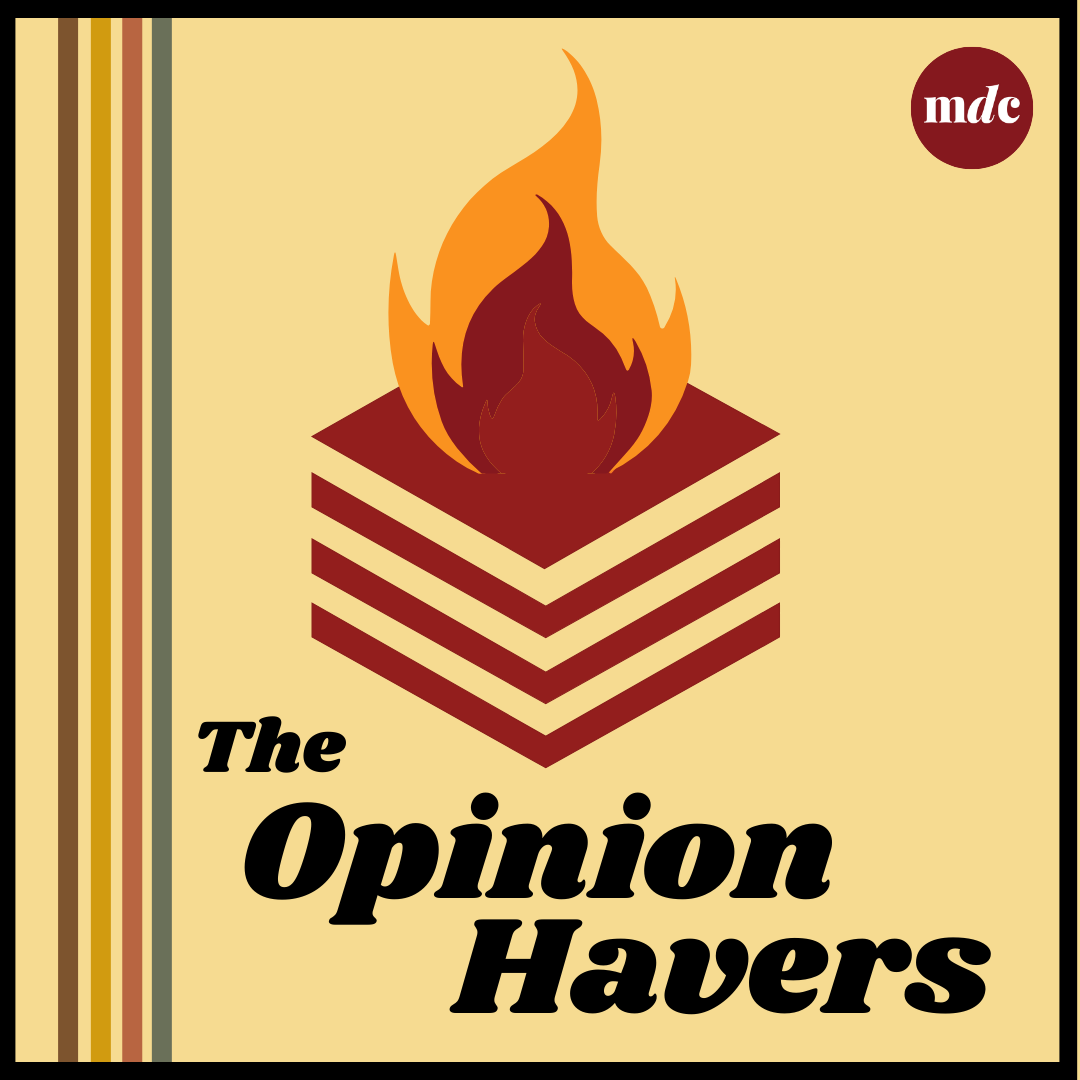Also see: Egypt |Iran |Tunisia | Yemen | Jordan|Syria
In 2011, the Middle East saw a remarkable spread of street-level protest activities, toppling several regimes and making virtually every other regime in the region nervous. But while considerable attention has been focused on the countries where autocratic regimes either have fallen or appear seriously threatened, far less attention has been paid to countries like Jordan.
This is not surprising, in large part because so many other bloodier confrontations have dominated the headlines. But the Jordanian regime is also the darling of the United States, a western-friendly country with virtually no Islamist extremism, an economy welcoming of Washington’s neoliberal economic reforms, a beautiful queen who visits with Oprah and tweets to American youths and a king whose idiomatic English was honed during his years at the Deerfield Academy.
As snow blanked much of the kingdom last week, the symbolism of winter reaching the kingdom cannot be overlooked. While the monarchy is far from hanging by a thread, the country has seen a steady parade of protests over the past 13 months, spreading beyond traditional “protest” areas and the usual suspect groups to include a wide range of events that are pushing the boundaries of politics in the kingdom.
Among the least interesting have been the Islamists, who self-describe as “loyal opposition” and who have virtually never threatened the regime itself. Even during the bloody civil war of 1970-71 known as Black September, the Muslim Brotherhood failed to support the Palestinian liberation militias – despite the Brotherhood long claiming to prioritize the liberation of Palestine. Then, and today, Jordan’s mainstream Islamists are more concerned with preserving their place on the legitimate political scene, and their relations with the regime, than they are in pushing for a fundamental overhaul of the political system.
In fact, virtually none of the protesters in this kingdom of 6.5 million – which included hundreds and sometimes thousands who take to the streets weekly – have called for an end to the monarchy. What has changed is that protesters have begun to directly criticize the regime, for its economic policies and its blind eye toward high-level corruption. The fact that the regime has responded – several high-level former officials have been arrested, including the former head of the General Intelligence Directorate (the mukhabarat, or secret police) – indicates that the regime understands that the Arab uprisings are a game changer and that the usual tactics will no longer suffice.
Perhaps even more troubling for the regime are the protests organized by tribal groups throughout the country. These groups have long provided the social and economic support base of the regime, particularly crucial as Jordan’s population exploded with Palestinian refugees (in 1948 and 1967) and most recently with Iraqi refugees (some half million since 2004). With a significant civil war unfolding in Jordan’s northern neighbor, Syria, the kingdom has begun preparations to accept another large-scale flow of refugees.
In this context, the tribal support base will be crucial to maintain. But the tribes are angry. The king has not maintained his father’s practice of visiting tribal leaders regularly and generously spreading patronage booty to tribal regions. Nor are those regions benefitting from the neoliberal economic policies advanced by the regime. While King Abdullah is attempting to fashion Jordan as a great vacation spot and locale for foreign investment, he is also marking Amman as the next cosmopolitan capital city of the region. The nightclubs, sushi bars and high-end boutiques are favorites of foreigners and the new economic elite alike, but they represent moral degradation and a wrong economic vision to most of Jordan’s conservative population.
What lies ahead for Jordan? More protests, to be sure. If the regime continues to insist on its neoliberal path to economic reform, it is going to have to give something back, including to the tribal groups who have been protesting, shutting down major commercial roads and vocally expressing their dissent.
The problem is that while Jordan’s majority Palestinian population – who are not prominent among those protesting – would love a reformed electoral system that would give them more proportionate representation, the tribal and conservative East Bank populations are divided on what reforms to demand. Some call for election reforms and an elected prime minister (the king currently appoints that post), but others call for a return to a state-led economy and large public sector to provide jobs and benefits to more of the population.
But we are not likely to see a massive mobilization at the national level, precisely because the majority Palestinian population has interests that are at odds some with tribal and East Bank groupings, who are concerned more with regaining their privilege than with overthrowing the regime. To the extent that disparate East Bank groups have been cooperating in protests thus far, a mobilized Palestinian population would immediately splinter those coalitions.
So don’t look for Jordan to be the next case of national uprisings aimed at replacing the current regime. But neither can the king ignore the breadth of the unrest in the kingdom, and his scrambling in recent months suggests that Jordan is going to be a fascinating case to watch in 2012.
Jillian Schwedler is a professor in the political science department. She can be reached at [email protected].








![By freestocks.org [Creative Commons Zero], via Wikimedia Commons](https://dailycollegian.com/wp-content/uploads/2024/04/Picture1-1.png)



Justhadit • Apr 4, 2012 at 12:59 pm
Since the death of the late king, Jordan drifted in to murky and strange waters, The Jordanians start losing their identity “NOT BY CHOICE”. The King however he did drop the ball on the Tribal toes, and they are not happy with the way he is handling and leading the country.
He forgot who is protecting him and keeping him in power, not America or the western powers the founding Tribes are the true power.
I think it is too late for him to recover I believe he is last king in Jordan, the tribes need to move quickly to save and preserve their home land by taking charge NOW.